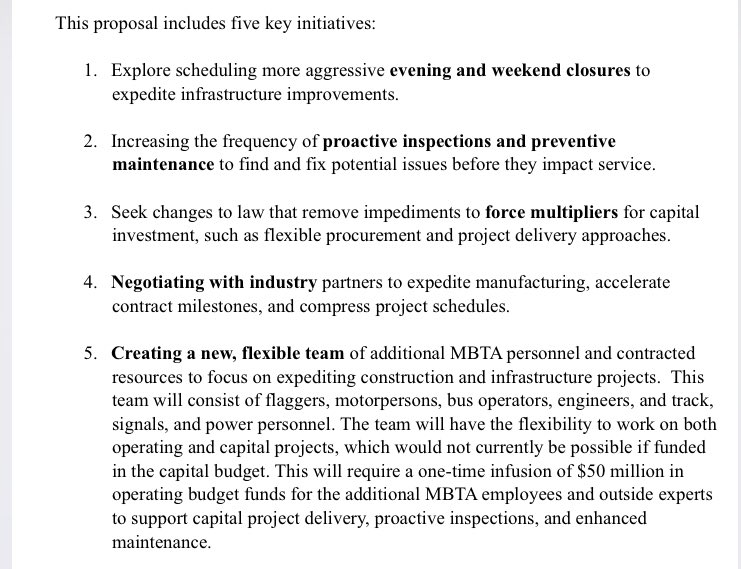Jouhou
Active Member
- Joined
- Nov 3, 2015
- Messages
- 683
- Reaction score
- 51
Any "punishment" for breaking MBTA rules is probably the purview of the transit police. The cost of paying a cop to sit around and watch for people fooling with the gates is probably higher than the cost of the subway fares you'd recover.
Also, as demonstrated by NYC Transit's experiments with "broken windows" policing, a crackdown on fare evasion just gives cops another method to racially profile, which is never a good thing.
Is there a non-profit out there that simply pays for the fares of those who struggle to make ends meet? You know, help people out and help the mbta patch it's budget holes at the same time?

